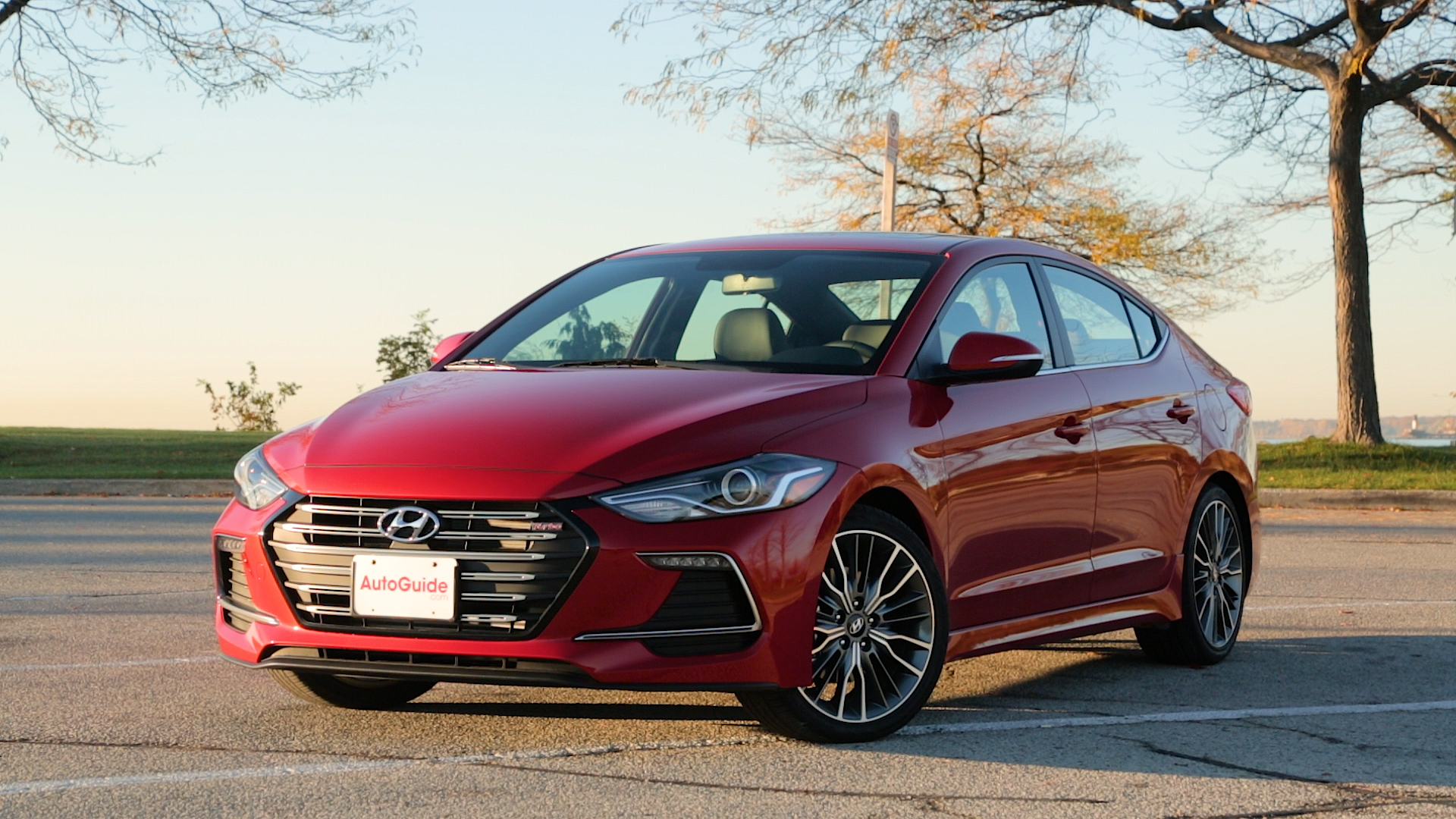

2016 wasn’t the easiest for the Hyundai Group. Expectations were high from years prior as quality was improving and numbers had increased, making things a little tense in-house. As the year advanced, CEO Dave Zuchowski was fired for not hitting sales targets, giving you a bit of insight to how things were going for them. End of the year results show that profits were down an eye-watering 39 percent during the last calendar year, making it time for a definite intervention for the company.
Hyundai owes its woes to a collection of issues. Whereas they once produced uber-cheap cars for college students and first time buyers, they then started to boost their capacity in terms of interior comfort and overall quality. In turn, this made production costs go up significantly from what they once were, making the manufacturer dependent on higher sales. Like we talked about earlier, that didn’t really happen in 2016.
Their decision to stick to small cars instead of crossovers and SUVs undoubtedly hurt their sales. It’s been clear that the market was shifting towards larger vehicles with every manufacturer fighting to get a piece of the action — all except Hyundai. They harped on improving the cars that brought them so much success early on instead of sticking with the current trend, a choice that shows itself here.
Accordingly, they’re going to have to figure something out to support their new-found mantra. Hyundai recently announced their decision to invest $3.1 billion in US manufacturing, making an even stronger case for moving more units. Offering a full-sized SUV option could certainly help their cause, introducing them to the vast market that is American families. Hyundai claims that they intend on building such a vehicle along with more Genesis models and eco-conscious tech.